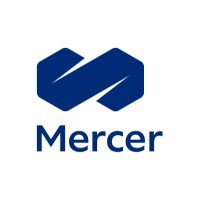
PwC Acceleration Centers
PwC Acceleration Centers (ACs), formerly Service Delivery Centers, are diverse, global talent hubs focused on delivering value to our clients – working with global client engagement teams across the PwC network. Driving new digital ways of working, ACs help unlock new opportunities for our people, organization and clients through competency enhancement, collaboration, automation, quality, innovation and integrated global delivery. Our Acceleration Centers span 11 cities and seven countries, and provide virtual client engagement support around the world and across all of PwC’s services and capabilities. Professionals in our innovative Acceleration Centers (ACs) are part of inclusive teams who work together across functions and geographies; engage in challenging projects; and provide distinctive services to support client engagements through enhanced quality and innovation. A role in our Acceleration Centers will provide growth potential and valuable learning opportunities.






